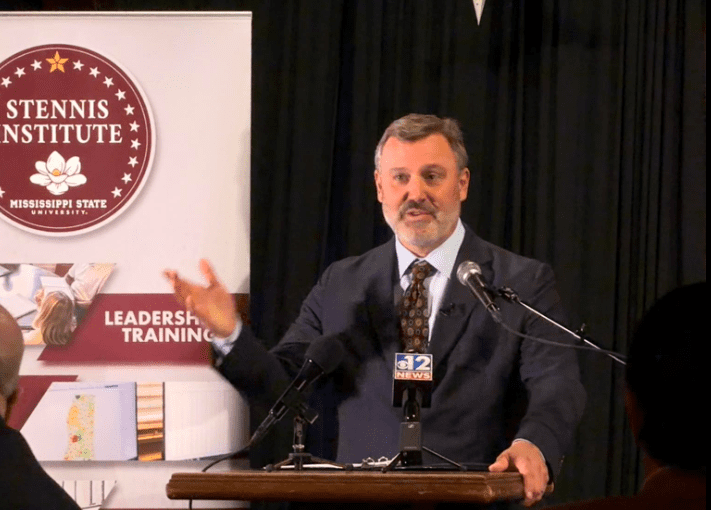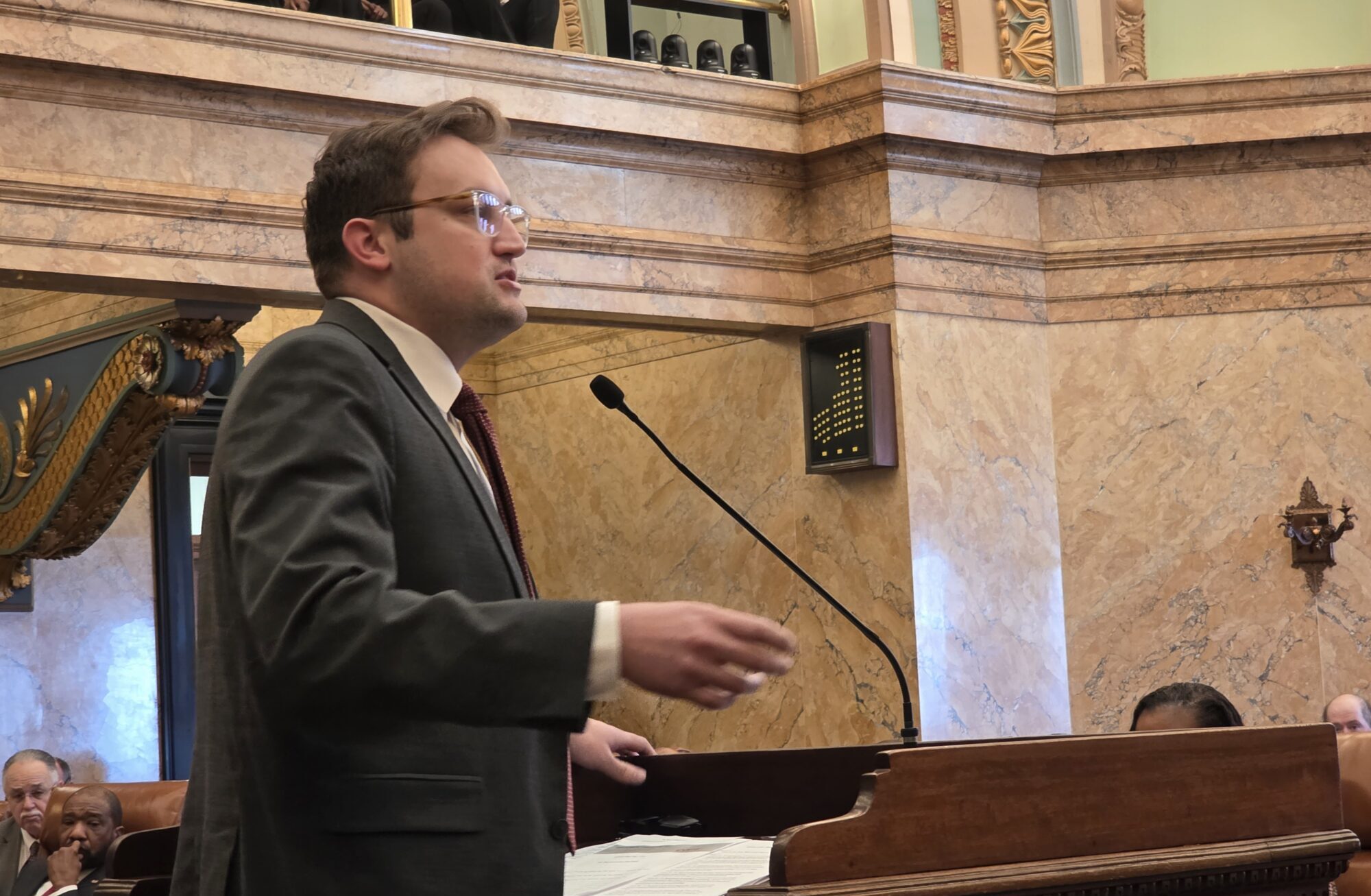Once thought of as inviting trouble at worst or wishful thinking at best, the idea of paying college athletes is becoming more mainstream, and one Mississippi lawmaker wants to make it a reality.
State Rep. Omeria Scott (D) has filed a bill in the Legislature aimed at compensating college athletes who play for a university in the Magnolia State.
Scott’s bill, HB 188, proposes that 33% of all revenue received by the state’s colleges from their participation in a bowl game be placed in escrow and distributed to athletes upon graduation or when their eligibility is up.
Her justification for the bill centers squarely around the disproportionate monetary gain coaches receive over the athletes on the field, something player advocates have touted for years.
Scott writes in the bill, “…athletic coaches are compensated generously from the bowl game revenues, whereas the athletes receive much less significant monetary gain from their hard work and dedication to the sport.”
Obviously, this bill is directed at college football, the biggest single revenue generator at the university level. Such a large monetary venture is an easy target for those with a spread the wealth mentality in our society. For many, it’s hard to argue why student athletes shouldn’t share in the revenues they help generate for their respective university, and that’s what proponents are counting on.
The NCAA has repeatedly dismissed the notion, however things may be changing.
The five major conferences – SEC, ACC, PAC-12, Big 12 and Big Ten – have told the NCAA that it’s time to explore the matter in earnest and it looks as if they will at their annual meeting.
CBSSports has a story on the developments of the NCAA allowing colleges to compensate players with president Mark Emmert quoted as saying, “It seems to be a much less controversial notion today than it was 18 months ago… As we’ve talked about it more and membership has had a chance to digest, it is being seen as less threatening.”
Paying college student athletes would shift the dynamic between the university and the players, and the covert disparity we see now when comparing Mississippi to programs like Texas or Alabama would only be widened since alumni and supporters in Mississippi simply don’t have as deep of pockets.
What’s all that mean?
The CBSSports article sums it up best: “…a day when an Ohio State point guard making $5K plays against a Bowling Green counterpart making $1,000 is upon us. And most everyone seems to be OK with it.”
It is highly unlikely that Rep. Scott’s bill makes it through the Mississippi Legislature. But agree with it or not, the spirit of the bill – ending the perceived injustice and unfairness in college athletics by compensating players – is alive and kicking.







